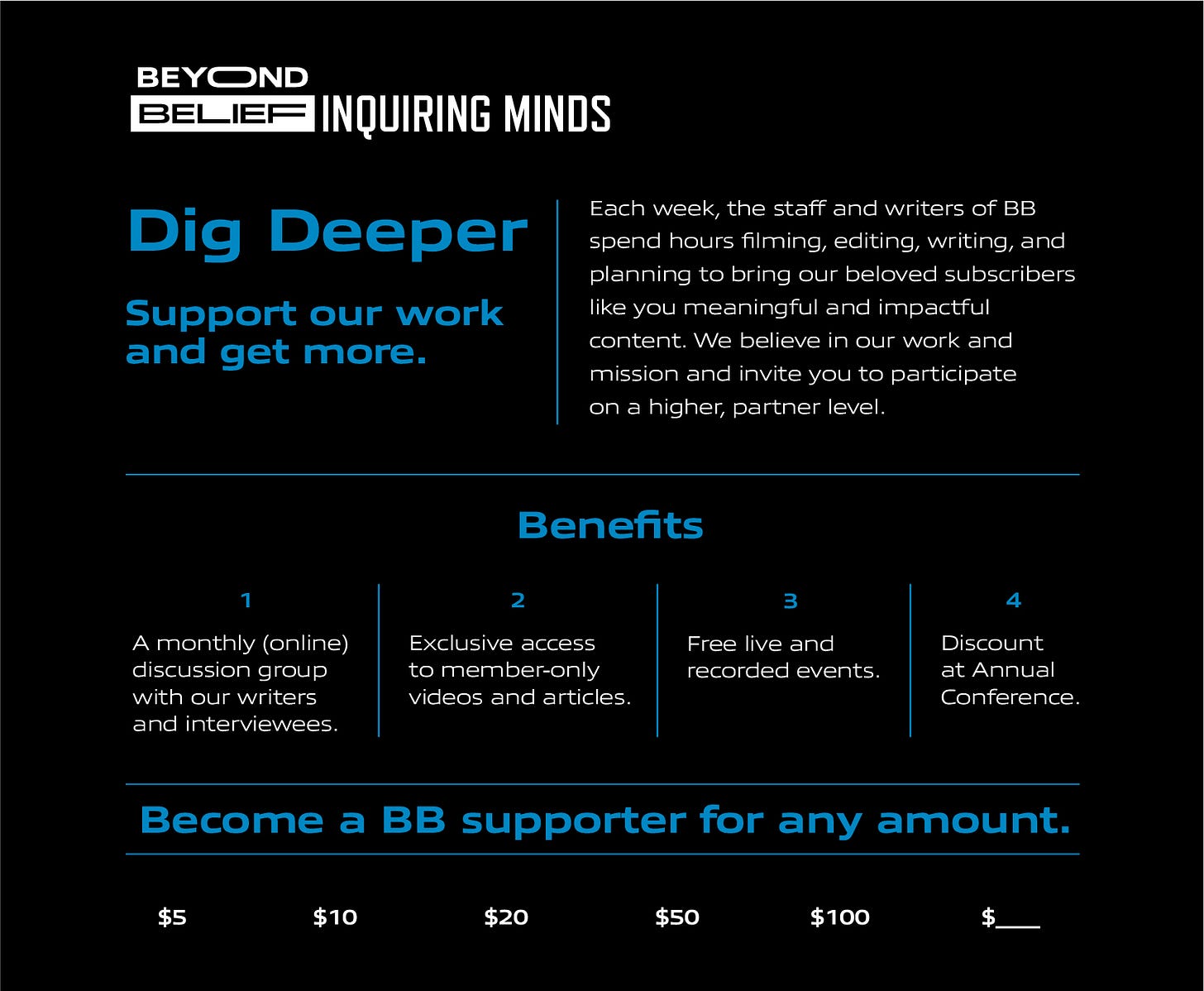I’m not aware of anyone, anywhere, who gets up in the morning and thinks, “I’m going to perpetrate evil today.” As far as I know, virtually everyone thinks that they are “good” and that any “bad” things they are accused of can be explained away as a necessary aspect of doing the right thing. For example, “I am screaming at you for your own ‘good.’” That, or they simply assume that those who oppose their good and true beliefs are the evil ones.
How can we know who is right in any given situation? Is there even such a thing as “right?”
Humanity has struggled for a long time to explain what “good” is, but how do we truly know? Some argue that society will not function if hordes of people are wantonly doing things that harm members of the collective (like murder and torture), but I wonder if that’s true. In surveying history, there seems to be no shortage of cultures that did unspeakable things from our current vantage point but that they considered perfectly reasonable—think gladiatorial combat, infanticide, and chattel slavery. These cultures, in some cases, thrived and lasted for centuries, all while thinking these things were just fine.
Good because it works
Some people say it has something to do with “human thriving”—that to steal and abuse compromises the quality of life for all of us, and inasmuch as most people don’t want to be abused or stolen from, it stands to reason that they shouldn’t do it to others. But what happens when a culture simply doesn’t share these common goals and thinks, “Might makes right” or “Get it while you can” and is unswayed by the notion of general human thriving? How do we then deal with the threat that they pose? How would you go about proving them wrong?
There are those who suggest there is a “Natural Law”—a series of self-evident truths that are built into life itself, and that can be arrived at through contemplation and observation. But which aspects of nature should we be learning from? The parts that are graceful and beautiful, like swans and glaciers, or the brutal and unforgiving ways of those bugs that devour their own young?
How about the teachings of the great philosophers and theologians? Admittedly, I’m a bit more biased here and think that many of them have some very valuable things to say—things that are worthy of contemplation. But inasmuch as they often contradict each other and their ideas need to survive on the jagged proving grounds of the intellect (which not everyone is equipped to handle), it can be tough (though not impossible) to intellectually evidence proof of the good.
Experiential knowing
In the last few years, it has seemed to me that the best and most immediate way of understanding what is good is to experience it in the most raw and undiluted form that it comes in. It is a fascinating fact that the central commonality of things like mystical experience, near-death experience, psychedelic states of consciousness, and religious and artistic ecstasy is a natural, simple, and intense “knowing” of the fundamental truth of love, peace and oneness/unity that almost invariably accompany these experiences.
Studies have shown that most people who have them emerge as new people, people who have seen and tasted the hidden font of all that is truly good. They don’t want to hurt people as they intuitively understand that we are literally part of the same ultimate Oneness. To steal from another begins to seem as absurd as stealing from yourself. They begin to feel more harmonious, happy, and optimistic. Many lose their fear of dying.
I realize that it’s not as simple as I’ve made it sound. We can’t just build a “heightened awareness factory” that churns out newly minted angels who sing gloriously in their now problem-free lives.
That said, I do believe that tasting (and learning to live with) the universal good can make an enormous difference in the lives of individuals, families, and societies. Perhaps in time, we will learn how to harness these experiences and offer them to people so that we can finally bypass all the debate and bask together with the ultimate good in joy and simplicity.








Excellent commentary. BTW I loved the graphic. Who does it portray? Your writing is clear and to the point--no weeds, no balancing angels on the heads of pins, etc. I have been asked this very question when I try to explain that I weigh and judge things by what I consider to be "good." I get stumped every time because I can't "prove" what is good. As we become more conscious as individuals and I would hope as a society, our empathy and awareness grow stronger. For starters we can say that we desire not to hurt other beings and now also not our environment. One can slice and dice what it means "not to hurt." A surgeon has to hurt a patient to gain access to whatever is making that patient ill. But the greater hurt would be for the surgeon not to cut. In truth, it's a balancing act, every single day and the target is always moving.
I truly love articles that invite me to think, without telling me what to think. Your blog invited to me delve deeper into what I comprehend good to be. I came to the conclusion that good is not a thing, not a destination, but a direction that moves us from what feels good as experienced by our physical senses, to that which expands us all into fulfilling our collective potential. Nothing of this dimension is fixed, everything is in a state of movement, of evolving, of becoming something much greater than itself. Good is the magnetic north on our life compass, helping us navigate through the narrow passages of our limited understanding as we seek True North, the ultimate purpose of existence itself.